Most people give vague and stereotyped answers to this question. In order to get a more systematic view of Chinese impressions of Japanese, Sinorama commissioned the Republic of China Public Opinion Research Foundation to do a survey of a random sample of 600 people of various walks of life, education, and age.
Regarding judgments on the "good" and "bad" aspects of Japanese, we allowed respondents to choose their own terms.
Good impressions included unified, cooperative, hard-working, responsible, and other similar responses at the top (180 persons), polite (93), plus law-abiding and trustworthy and reliable in keeping contracts (15). Miscellaneous responses included praise for the quality of Japanese products or design and for marketing skills.
The bad impressions are clearly rooted in historical experience. Terms like warlike, ambitious, and cruel topped the list (129), with several specific references to mistreatment of Chinese. Aside from military related references, common answers were xenophobic (32), narrow-minded and picky (34), selfish (23), cheap (18), crafty (11) and hypocritical (8). Miscellaneous replies included monopolistic, greedy, and "economic animals," reflecting dissatisfaction with Japanese economic power.
The survey revealed that 73 percent got their information about Japan from the mass media. The percentage of those who had personally met Japanese or been to Japan was quite small. Because different types of media have different policies on reporting, people may get different levels of information from different sources; however, the fact that over 80 percent of respondents knew about the serious illness of the Japanese Emperor shows the influence of the media.
From the point of view of economics, Chinese clearly feel Japanese economic power. Asked whether Japan dominates the Taiwan market, 46 percent said "heavily dominates" and 31 percent said "dominates." The higher the education level, the more strongly this feeling was held. On the other hand, 14 percent said Japan "heavily obstructs" access to its own market for Taiwan products, with 35 percent saying "obstructs."
Many factors influence this economic imbalance, but it is not strange from the point of product use and quality evaluation. Eighty-two percent of respondents had used a Japanese product, while 64 percent believe that Japanese manufactured products are of high quality (with only l.5 percent replying "poor quality"), though expensive (about 60 percent). However, 67 percent said they did not give preferential consideration to Japanese products when choosing; this may reflect a certain bias against such products.
As for Sino-Japanese relations, the replies indicate that most respondents have a good understanding of the historical relations between the two countries.
About 80 percent know that Japan has altered their histories of the Sino-Japanese war; 77 percent said this made them "very angry" or "angry." However, among those who replied "very angry," 63 percent were born in provinces other than Taiwan; the corresponding figure for those born in Taiwan was 30.
However, respondents took a positive view of construction on Taiwan during the Japanese occupation period, with 4 percent saying it was "very helpful" and 49 percent "helpful." There was no clear difference regardless of provincial origin or profession.
As for the questions which are of most interest to the Western media, "Could Japan launch another war or aggression?" and "Does Japan need to strengthen its military to fulfill its responsibilities for defense of the free world?", Chinese opinion was sharply divided. About one-third each responded positively ("very possibly" or "possibly" and "very necessary" or "necessary" respectively), negatively ("not possible" or "unnecessary"), and "don't know."
As for whether or not young people are being "Japanized," opinion was again divided. Those who expressed "concern" (42 percent) and "no need for concern" (36.3 percent) were roughly even.
Finally, how many Japanese speakers are there? About 40 percent of respondents said that someone in their household could converse in Japanese, showing the continuing strong influence of history which cannot be overlooked.
[Picture Caption]
Orderly and disciplined--that's one of the freshest impressions Chinese have of Japanese. (photo by Arthur Cheng)
Japanese products: high in quality, high in price--and with special cultural features?
Signs saying "Please don't defecate or urinate" posted on the street are an eye-catching sight.
Polite and smiling--a model Japanese person.
Drinking is another side of Japanese culture. (photo by Arthur Cheng)
Do you know about the Japanese altering their history of the Sino-Japanese War (1937-1945)?
What is your opinion about "Japanization" of young people on Taiwan?
Through what ways does your understanding of Japan come?
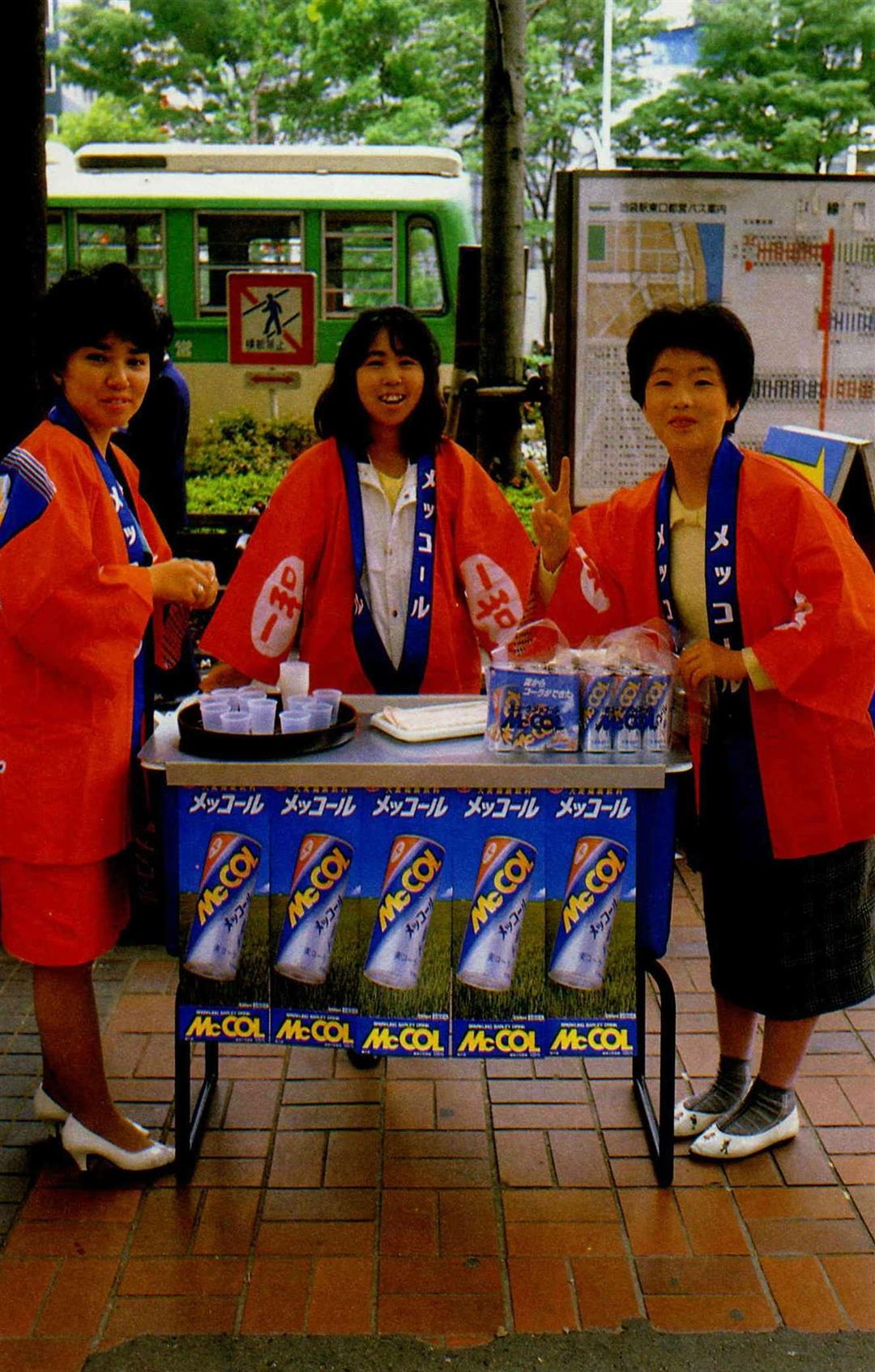
Japanese products: high in quality, high in price--and with special cultural features?
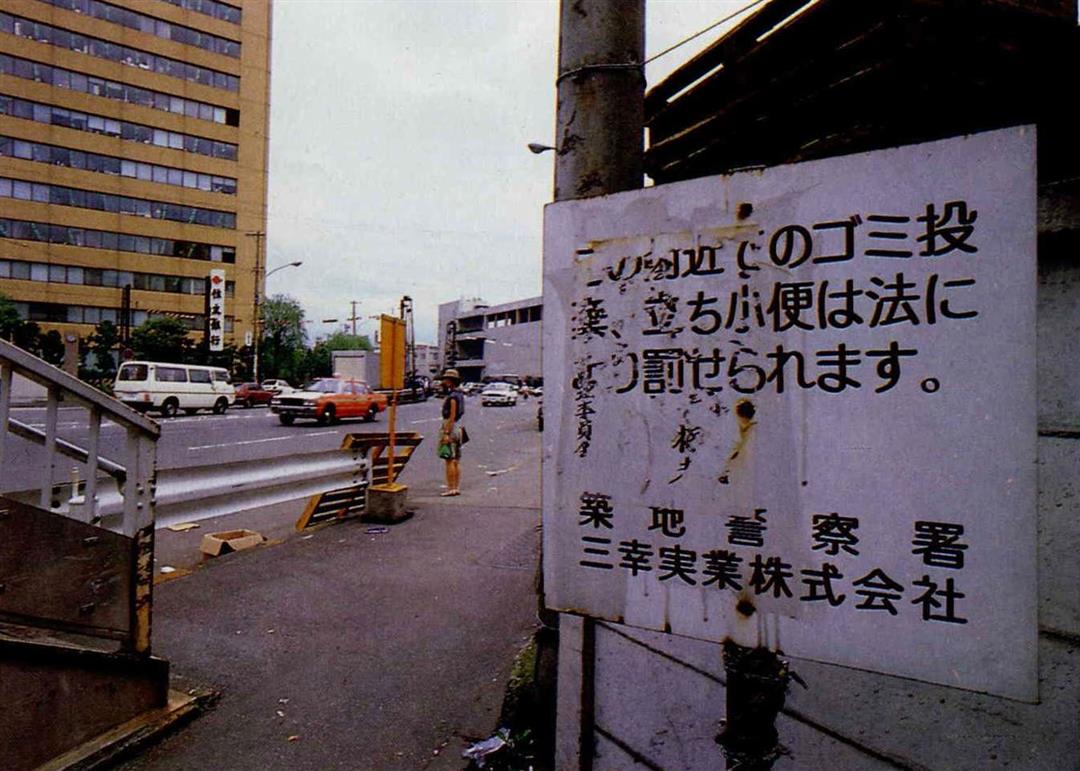
Signs saying "Please don't defecate or urinate" posted on the street are an eye-catching sight.
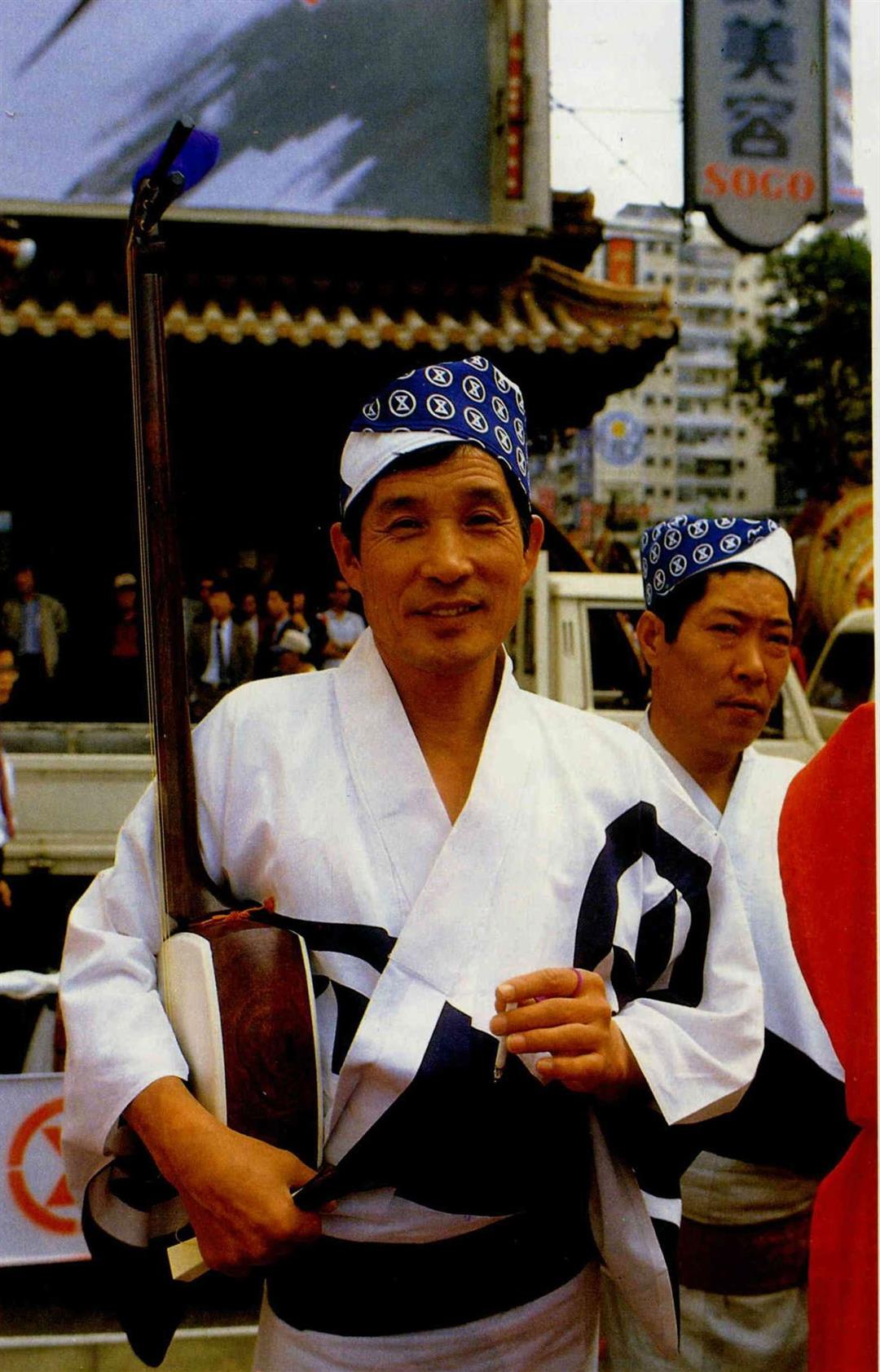
Polite and smiling--a model Japanese person.
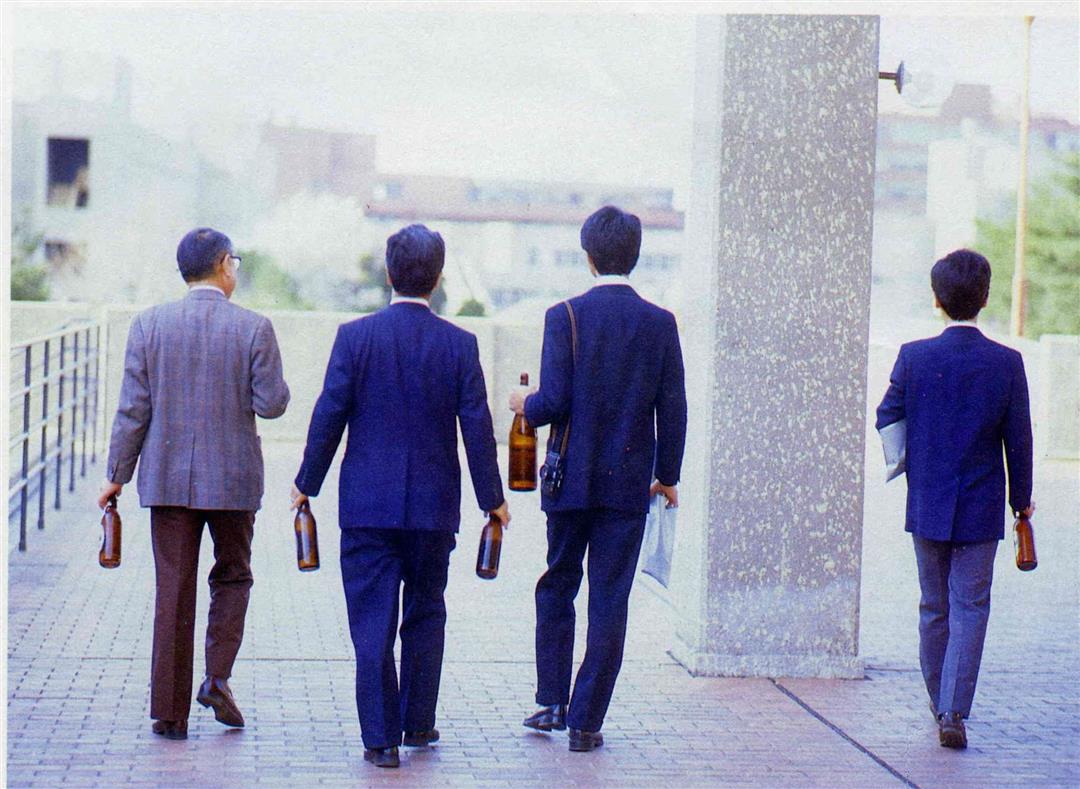
Drinking is another side of Japanese culture. (photo by Arthur Cheng)
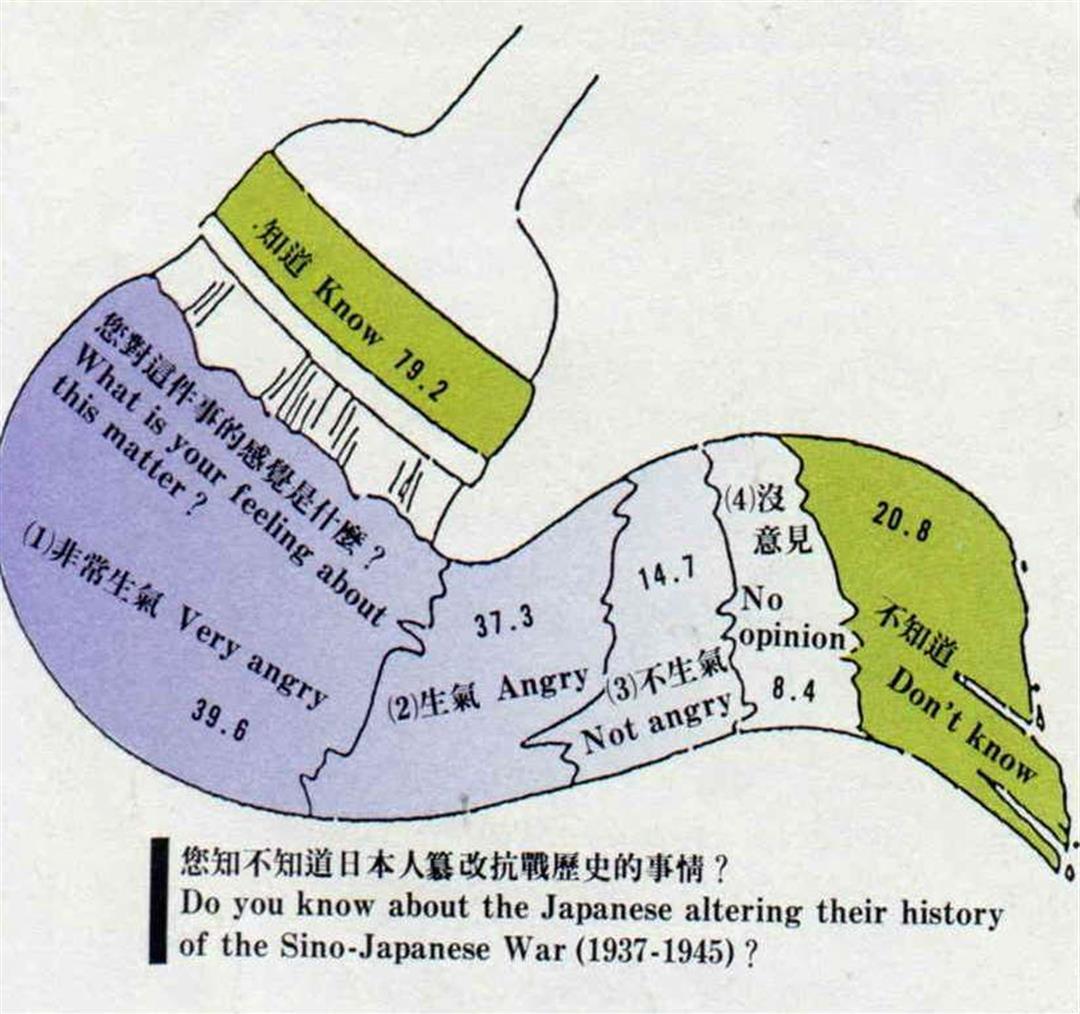
Do you know about the Japanese altering their history of the Sino-Japanese War (1937-1945)?
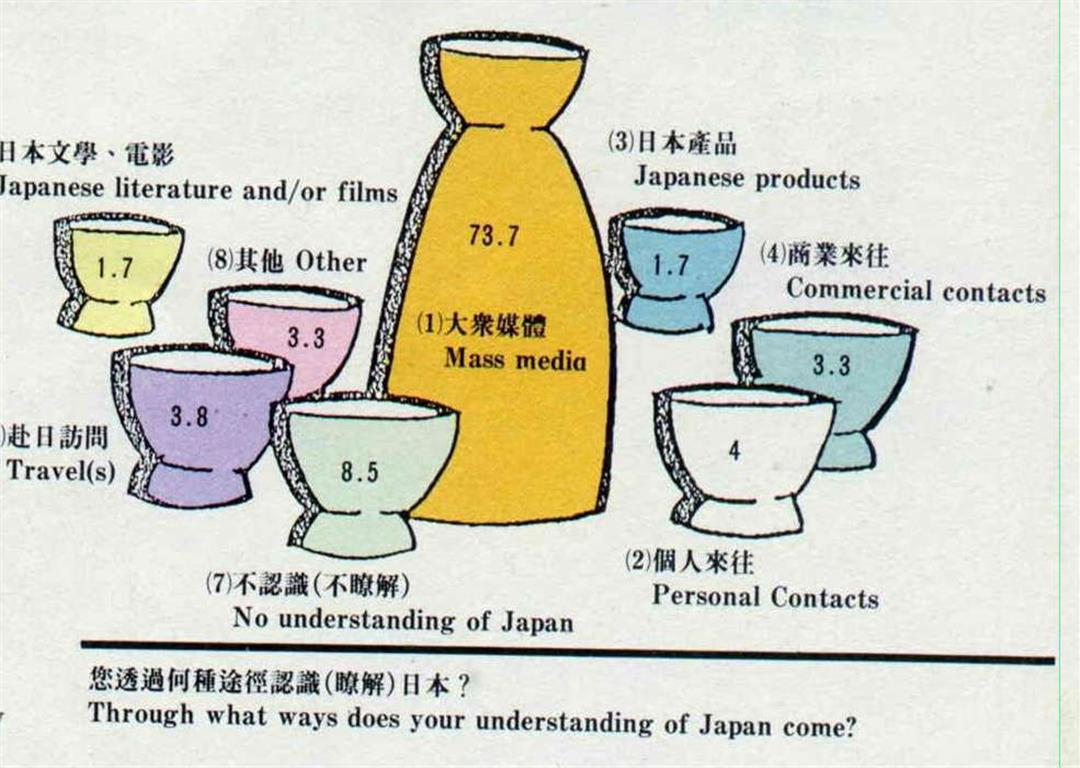
What is your opinion about "Japanization" of young people on Taiwan?
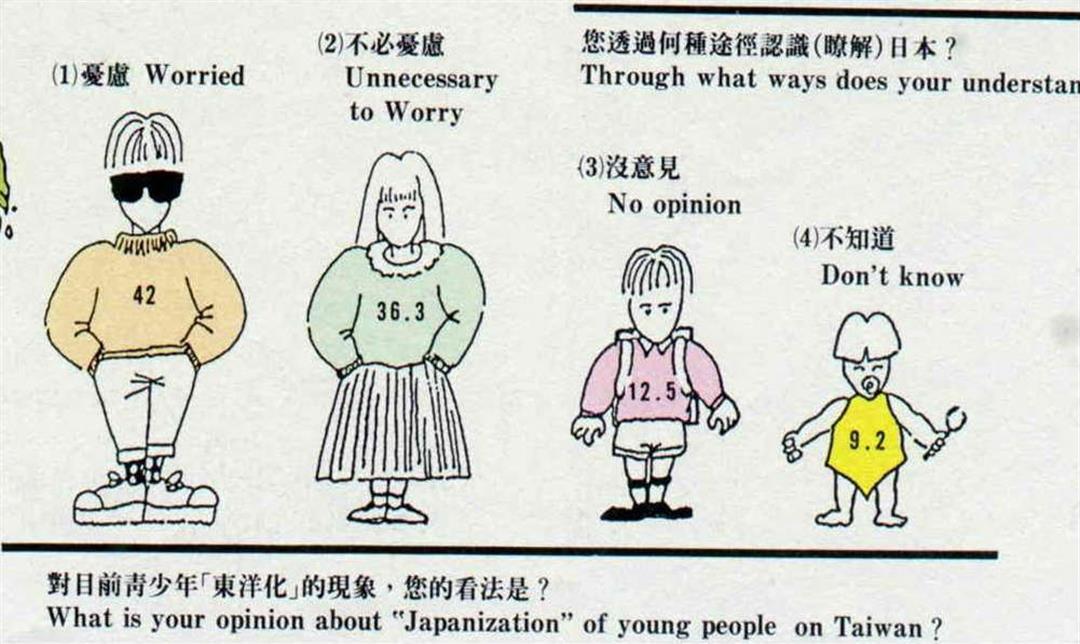
Through what ways does your understanding of Japan come?